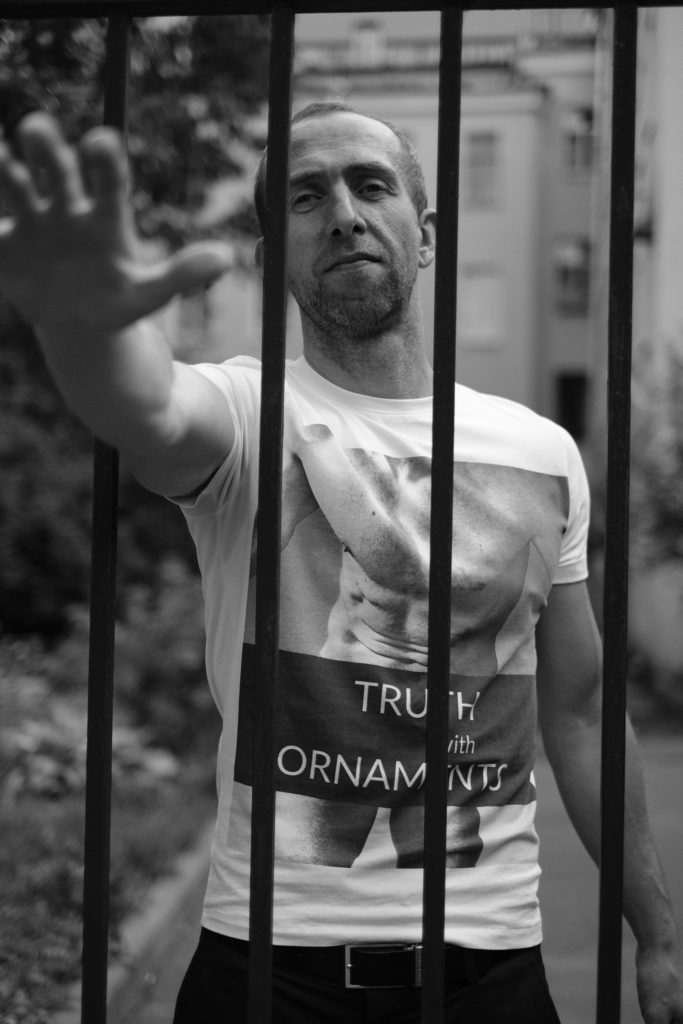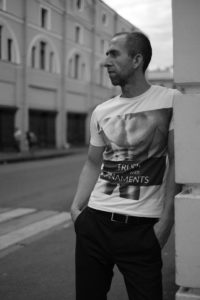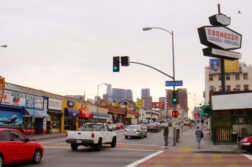
I am three years old. My parents get divorced. On a warm summer day, a plane takes me to a suburb of Leningrad. I leave my father in the heart of Siberia for almost 22 years.
I figure out that I am weird when I am nine or ten. It’s a gut feeling. At the age of twelve, I have my first sexual contact with an adult. It happens at a lake. I remember I catch a stare directed at me from a distance. I stare back. He is over thirty, wearing white swimming trunks. I notice they are from transparent fabric as he approaches me. The desire to get experience pushes me into his arms.
I am a toy. The man takes control of me and meets no resistance. I don’t know what to do or how to respond. He manipulates me. Pleasure isn’t an option.
During my school years, I pretend that I am not weird. I don’t know for sure what my sexuality is. All I know is that faggots are bad, and it scares the shit out of me to be exposed. I flirt with girls. I ask myself—who knows how many times?—about my identity. In my country, questions like these are considered abnormal.
There are classified ads in dating magazines with a “man seeks man” section—no more than three entries per issue; no phones, just mailboxes. I have no choice but to give it a try.
Time goes on. I am a student now. The first gay club opens in the city. I’m afraid to enter the place. It takes a half-hour for me to summon all my courage. I slip inside as fast as possible. I am scared of the people at the entrance. I don’t want them to look at me because it means they know who I am. No one before has known it except a few occasional dates. I feel violently naked. Inside, I have a cocktail, inspecting a few visitors. I finish the drink and go to the dance floor. Somebody feels me up. I let him explore me and then more.
At 22, I experience my first gay love. I am mad about the guy. We live under the same roof for about two months, then he cheats on me. It crushes me. For weeks to come, I lose appetite. Cigarettes and black coffee become my post-break-up diet.
At 25, I have a date with a guy who is five years younger. Two more dates follow, and the suggestion “Let’s live together” pops up. We both don’t know that our relationship is almost five years. No cheats, no violence, no “it is your time to clean the floor.” In a way, we are a perfect couple.
We break up because of the lack of soul support. Men need that, whether gay and straight. Most of us are afraid to admit the demand for help from time to time. We cry when we are alone, bitterly. Coming back isn’t possible.
I consider it the only relationship in my life so far. When we met each other in the street, we took a risk and kissed each other. Mind you, this was in Russia. We were like a family. We made nothing more of it. I think that approach was our invisible shield. Some neighbors cast disapproving looks though. They didn’t disapprove of the fact that we were gay; they envied the fact that we could be who we were. In Russia, it takes courage to be who you really are, no matter if you’re gay or straight.
Dating a new guy, I would ask: “What would you do if I wanted to kiss you in public or hold your hand?” In most cases, the answer would be “Are you crazy?” or “Forget it, we’re in Russia!” It is never my intention to do these things; it’s just the fastest way to understand them better.
While gay parades take place and people in the world fight for their rights, most Russian gays have no reason to be proud. It makes me sad, because they don’t understand the nature of gay parades. Like the rest of society, they deem it as a colorful show only. The show must go on only when it has a meaning.
Jacob Green is a Russian writer and the author of Truth with Ornaments, an LGBT allegorical novel based on a true story. He recently translated it from Russian into English and published the book on Amazon. For more information visit https://mrjacobgreen.com/





